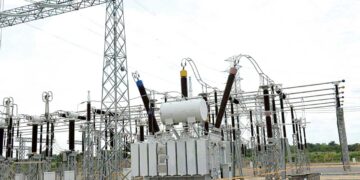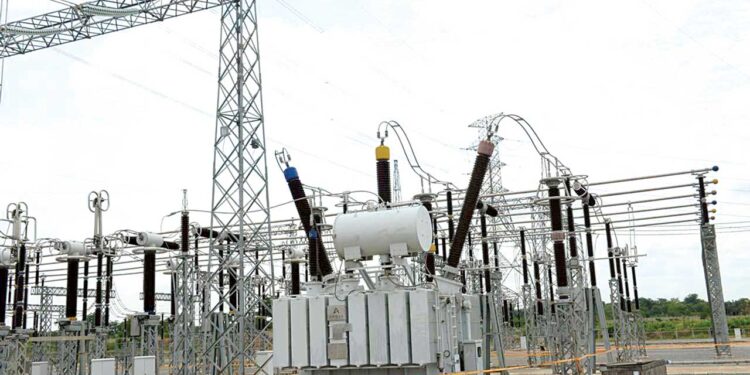By Ebi Kesiena
The Transmission Company of Nigeria (TCN) has sounded a grave warning over the alarming destruction of its high-voltage power infrastructure, revealing that 264 transmission towers have been vandalised across various regions of the country between January 2024 and June 2025.
The revelation, made during a media workshop for energy correspondents in Nigeria.
According to the General Manager, Transmission Service Provider at TCN, Ali Sharifai, the last 15 months have been the most difficult in the company’s history.
He described the situation as “trying times” for the TCN, saying the scale and frequency of the destruction by non-state actors are unprecedented.
The effects have been severe entire regions have suffered blackouts, transformer capacity gains have been rolled back, and the company’s efforts to stabilise the national grid have been severely hampered.
In 2024 alone, 86 transmission towers were vandalised, 26 of which were completely destroyed. These attacks significantly disrupted electricity transmission in key locations such as Abuja, Bauchi, Enugu, Kano, Shiroro, and Port Harcourt. But the crisis deepened in 2025, as 178 towers were affected in just the first and second quarters of the year, across 42 separate incidents.
The damage was most concentrated in the Port Harcourt, Kaduna, and Kano regions. Sharifai disclosed that the Port Harcourt region recorded the highest number of incidents, with 17 separate acts of vandalism resulting in the destruction of 72 towers. In Kaduna, 35 towers were lost in just two incidents, while Kano saw 29 towers brought down across eight separate attacks.
The 2025 figures show that the Abuja region experienced four incidents affecting 11 towers, Enugu had two incidents with 16 towers damaged, Lagos suffered five incidents that brought down nine towers, Osogbo saw two acts of vandalism affecting three towers, and Shiroro recorded two incidents resulting in three towers destroyed.
Sharifai said the motives behind the destruction fall into three broad categories: economic sabotage, political motives, and the increasingly lucrative scrap metal trade. He lamented that there is a booming underground market for scrap materials, which has turned critical national assets like transmission towers into targets.
The impact of this systematic sabotage is far-reaching. Nigeria’s national grid, already burdened by capacity and distribution challenges, now faces the growing threat of collapse. Sharifai warned that if immediate steps are not taken, the recurring vandalism could severely undermine the Federal Government’s drive to improve power supply and encourage industrial development across the country.
TCN is calling for urgent action. Sharifai urged security agencies, community leaders, and political actors to treat the issue as a national emergency. He advocated for the creation of special tribunals to handle cases of infrastructure vandalism, arguing that only stiff penalties and quick prosecution can serve as effective deterrents. In his words, “Without collective responsibility and swift legal action, this threat will continue to sabotage our national development.”
He noted that the company is taking internal steps to address the situation, including deploying aerial surveillance such as drones, enhancing ground security, and collaborating more closely with law enforcement agencies.




































